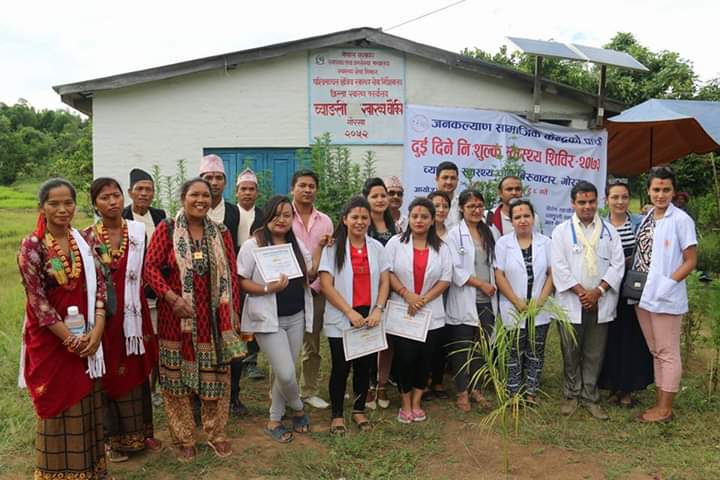
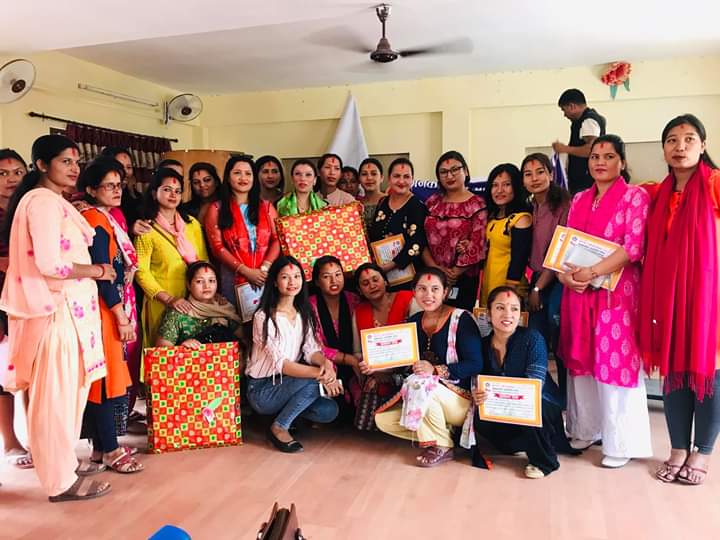
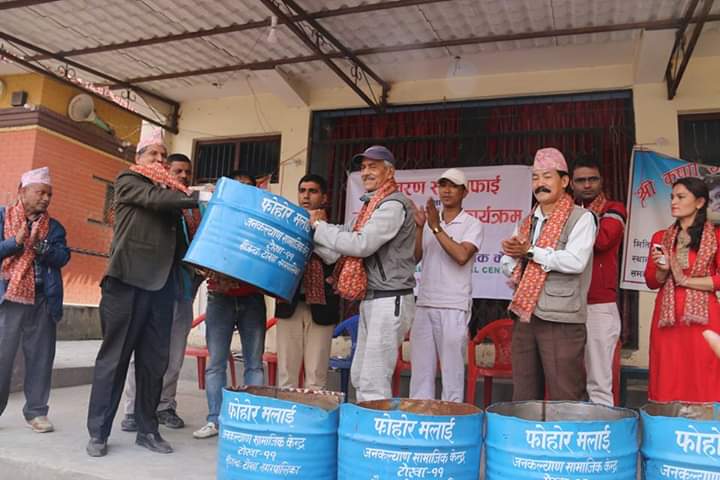
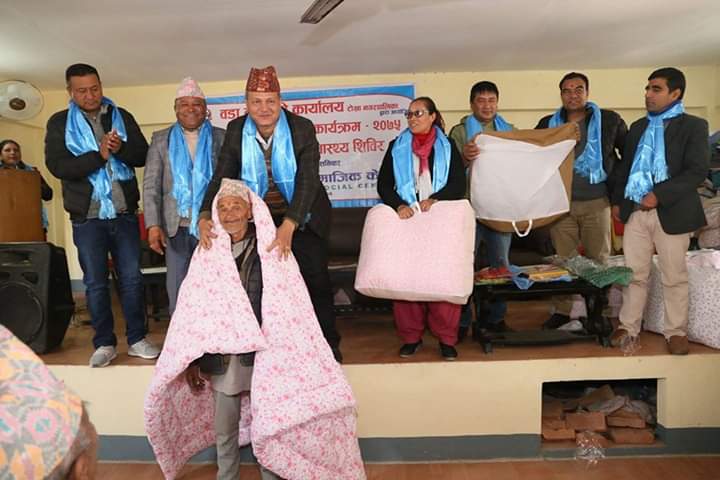
Welcome to People Welfare Social Center - PWSC

eople Welfare Social Center(PWSC), Nepal is a non-profit, non-political, and non-government organization established in 2013. It is registered at the District Administration Office, Kathmandu and has affiliation with the Social Welfare Council of Nepal. The organization is a value – based organization committed to human centered sustainable development.
There is a growing realization now that development is a human and internal process and has its roots on peoples’ initiatives and preparedness for change. Past experiences from different sectors have proved that no development can sustain if people do not own the process and that even with prohibitively high cost of implementation, government efforts alone may not yield any fruitful results if people do not participate in the process.
Vision

A world where everyone has a decent place to live and a nation in which everyone can get the healthcare they need.
Mission

Widen improved, sustainable livelihood options for poor and disadvantaged communities in a gender-sensitive and environment-friendly manner.
Objectives

The overall objectives of PWSC, Nepal is to analyse and quantify how changes in the climate, such as temperature, precipitation and run-off, affect our potential to achieve the Environmental Objectives, which are influenced by long-range transport of air pollution, to reduce poverty, enhance woman health control cancer and empower women, deprived and disadvantaged communities of Nepal.
TARGET BENEFICIARIES
Primary beneficiaries include disadvantaged and marginalized communities, especially women, dalits and minority ethnic groups. The secondary beneficiaries consist of private sector organizations and business communities engaged in value chain; and local NGOs, CBOs, cooperatives and other types of community groups that can serve as conduits for development service delivery at the local level.
What We Do
Sustainable Ecosystem and Environmental Management

The Organization, since its inception, has been launching various environmental action programs in partnership with community organizations. Community-based solid waste management is one of the earliest programs launched Dolakha in 2008. In recent years, climate change has become a serious threat to food security and livelihoods, and accordingly, adaptation to climate change has become a priority program area for UNMIRA.
Promotion of local innovation, dissemination of traditional knowledge and technologies, sustainable natural resource management applying integrated pest management and sustainable soil management practices, raising mass awareness, organic farming, and varietal and cropping system improvement, including identification and popularization of local crop species and cultivars are some of the strategies adopted by UNMIRA to cope with the adverse impacts of climate change.
Cancer Prevention
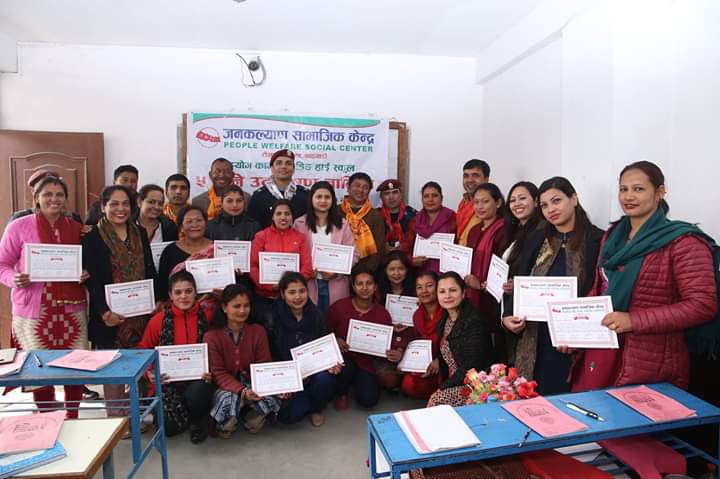
The organization since its inception has been lunching cancer control program. in partnership with local government, community based organizations, hospitals, NGos, peer groups, women health volunteers and local women groups in various municipalities and rural municipalities.
Cervical Cancer Screening and Breast Cancer Screening (preventable cancers) for poor woman have been highly demanded programs. “Early detection saves lives” is the main theme of this program. VIA and pap smear test of cervical cancer are more effective in community level. Clinical Breast Examination is effective in communities.
Action/Policy Research

UNMIRA has also accorded priority to Action/Policy Research in cancer and environment. As its name implies, action/policy research on Agriculture and Environment has been one of the mandates of UNMIRA.
UNMIRA’s past work in this area has generated considerable policy implications and feedback. It has worked with local communities and mobilized them to plan, prioritize and implement environmental action programs in their respective areas. The Center also engages in assessment and evaluation of various policies and programs as part of its regular activities in order to help design and develop new initiatives and projects for external support.